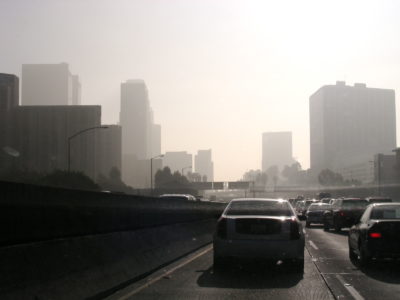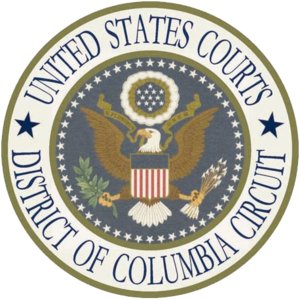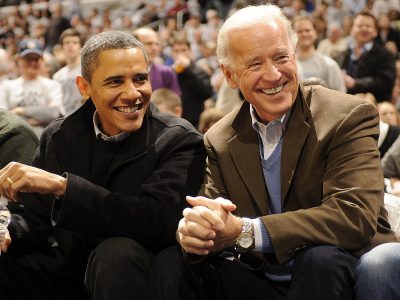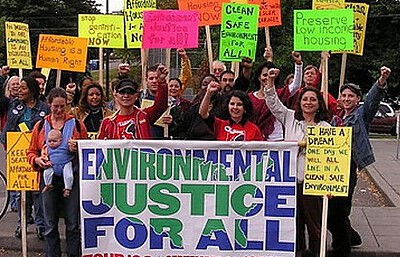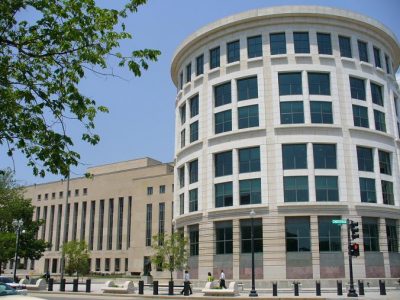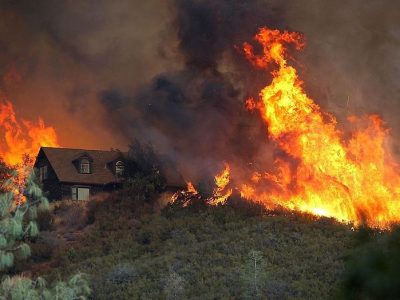Air Quality
Regulating Interstate Ozone Pollution: EPA Nears the Finish Line
The regulatory history is dauntingly convoluted. This sixteen year regulatory saga has lessons for climate policy.
EPA issued a rule last week that will significantly improve air quality, particularly on the East Coast. This is EPA’s fourth and final iteration of a rule-making process to control interstate air pollution that began in 2005. Reflecting this history, this fourth rule is a second and presumably final revision of an update to an …
Continue reading “Regulating Interstate Ozone Pollution: EPA Nears the Finish Line”
CONTINUE READINGGuest Contributor Aimee Barnes: How the Biden Administration’s Environmental Justice Mapping Tool Can Identify and Target Benefits to Disadvantaged Communities
Lessons Learned From CalEnviroScreen
Just one week after his inauguration, President Joe Biden designated January 27 “Climate Day” at the White House and signed a number of executive orders, including one aimed to “secure environmental justice (EJ) and spur economic opportunity.” Under this executive order, President Biden took the first steps to make good on his campaign’s EJ commitments. …
CONTINUE READINGLiberal Judges Embrace Textualism
Why are these judges suddenly so enthusiastic about Justice Scalia’s approach to reading statutes?
Two of Trump’s major regulatory efforts were recently thrown out by the D.C. Circuit. The liberal judges who wrote the opinions latched onto a conservative theory called textualism, which was most prominently advocated by Justice Antonin Scalia. While judges in an earlier era tried to interpret Congress’s intent in writing a law, textualists focus solely …
Continue reading “Liberal Judges Embrace Textualism”
CONTINUE READINGToday Versus 2008
Despite Trump’s efforts, he couldn’t actually reset the clock to the pre-Obama era.
Obama moved us forward. Trump moved us backwards. Are we back where we began? No. Biden starts from a significantly stronger position than Obama did in 2008. In 2008, like today, the outgoing Republican President had adamantly opposed climate action, favored the oil and gas industry, and turned a cold shoulder toward environmental regulation. Trump …
Continue reading “Today Versus 2008”
CONTINUE READINGThe Clean Air Act Turns Fifty
A half century of progress in cleaning up the air began New Year’s Eve 1970.
On December 31, 1970, President Richard M. Nixon signed the Clean Air Act. William Ruckelshaus and Russell Train, who later led the way in implementing the new law, stood by his side with beaming smiles. Nixon supported the basic features of the bill. But he had considered vetoing the final version because Senator Ed Muskie …
Continue reading “The Clean Air Act Turns Fifty”
CONTINUE READINGCalifornia’s Environmental Justice Policies Should Serve as A Model for the Biden-Harris Administration
AB 617’s Program to Reduce Hot Spot Pollution, Port Programs, Zero Emission Trucks Could Go National
No Presidential ticket has come into office more committed to environmental issues than President-elect Joe Biden and Vice President-elect Kamala Harris. Appropriately, climate change is at the top of their agenda. They are also committed to advancing environmental justice by addressing the disproportionate environmental harms many low income communities of color face. California is often …
CONTINUE READINGWhat Could Trump Do with Four More Years?
He’s already rolled back almost everything Obama did. What next?
Given that Trump has rolled back nearly all of Obama’s regulatory efforts, what further harm could he do? Quite a bit as it turns out. If you agree with him that regulation achieves nothing and only stands in the way of prosperity, that should make you very happy. To begin with, Trump can do more …
Continue reading “What Could Trump Do with Four More Years?”
CONTINUE READINGTrump’s ACE Rule Hits a Judicial Speed Bump
The judges seemed skeptical of Trump’s Affordable Clean Energy rule last week
The D.C. Circuit Court of Appeals heard oral arguments about Trump’s Affordable Clean Energy (ACE) rule last week. The ACE rule is a feeble substitute for Obama’s Clean Power Rule, which was Obama’s signature climate action regulating power plants. The argument went badly for the Trump folks. Even Judge Justin Walker, a 38-year-old whose main …
Continue reading “Trump’s ACE Rule Hits a Judicial Speed Bump”
CONTINUE READING40 Legal Scholars Urge EPA to Withdraw Proposed Ozone NAAQS
EPA’s newest ozone rulemaking has failed to meet even the deferential standard of arbitrary and capricious review.
This blog is co-authored with Sean Hecht. On October 1, 2020, on behalf of 40 environmental and administrative law scholars affiliated with 33 universities in 18 states, Sean Hecht and I filed a comment letter urging EPA to withdraw its decision to keep the National Ambient Air Quality Standards (NAAQS) for ozone at the current …
Continue reading “40 Legal Scholars Urge EPA to Withdraw Proposed Ozone NAAQS”
CONTINUE READINGGuest Contributor Samantha Zurcher: The Current State of Wildfire Liability in California
Wildfires Are Ravaging California. Can Electric Utilities Take the Heat?
In recent years, California has experienced its largest and deadliest wildfires in history, resulting in hundreds of fatalities and more than $50 billion in damage. The confluence of rising temperatures, less rainfall, and strong winds signal that the annual “wildfire season” is here to stay, and will continue to proliferate. Every year, thousands of Californians …
CONTINUE READING



